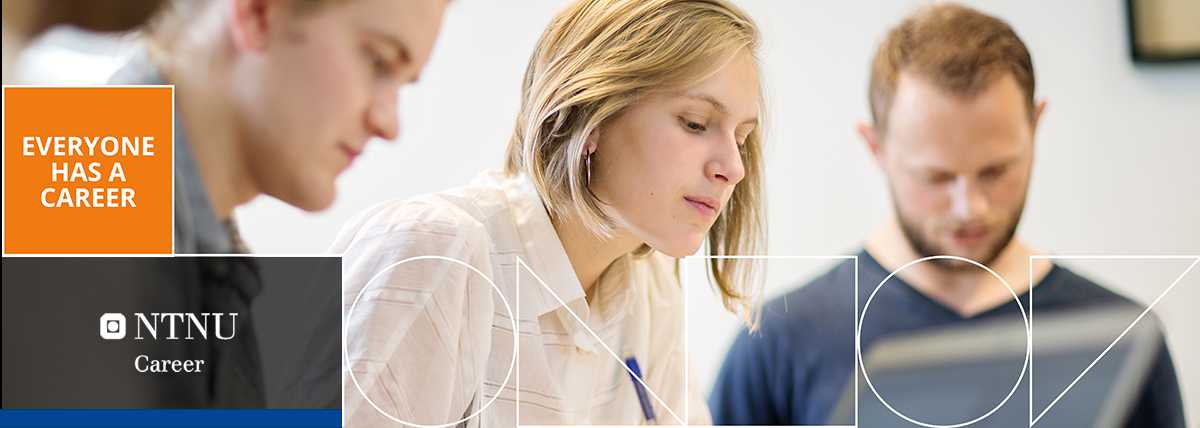https://www.ntnu.edu/career/study-habits

Study habits
Getting to know you how and when you do your best work is part of being a student. What does it take? How much time and effort do I need? What do I need beside my studies to feel good?
How you work best
Try to be aware of when and where you study more efficiently. Is it alone or with others, in silence or with activity around you? Are you more efficient in the morning or the evening? Finding the study techniques that works best for you may require some time. Your previous study habits may still work well for you. But if not, try other approaches to the curriculum.
Syllabus overview
Read the learning outcomes for your courses and browse the course syllabus headlines. Read introductory and summary paragraphs. Find other sources to increase the insight of the subjects that can result in a better understanding. Try to relate the syllabus to your own interests for increased motivation. The video is about getting an overview and has English texting.
Make plans and organise your time
Find a balance between the time you spend on studies and leisure activities. The better the balance, the better the result. The video is about planning and has English texting.
Get the most out of lectures
Prepare for 10 minutes ahead of lectures to gain better understanding of topics discussed. Read the chapter headlines, chapter summary or go through the lectures notes if available. Take notes of important keywords or questions that is useful when revising the study material later. Aim to participate by asking questions.
Repetition
Repetition is a key factor in learning. Make mind maps, and write your own notes and summaries. Engage in discussions with fellow students that can provide greater understanding and new perspectives. Make time for repetition in your weekly schedule.
Get started!
Do you have trouble starting? Decide to start with just 10 minutes of work. Next time these 10 minutes might turn into 30 minutes or longer, and you are on a roll. However, do remember to give yourself well-deserved breaks. Arrange video meetings with fellow students, to study together or for just getting started.
Check out our e-course about concentration and focus.
Counselling at NTNU
The student adviser at your study programme is your primary contact for questions regarding your studies.
If you want to talk to someone about other subjects, i.e. special needs accommodation or physical or mental health, please find an overview of all counselling services at NTNU in the link below.
